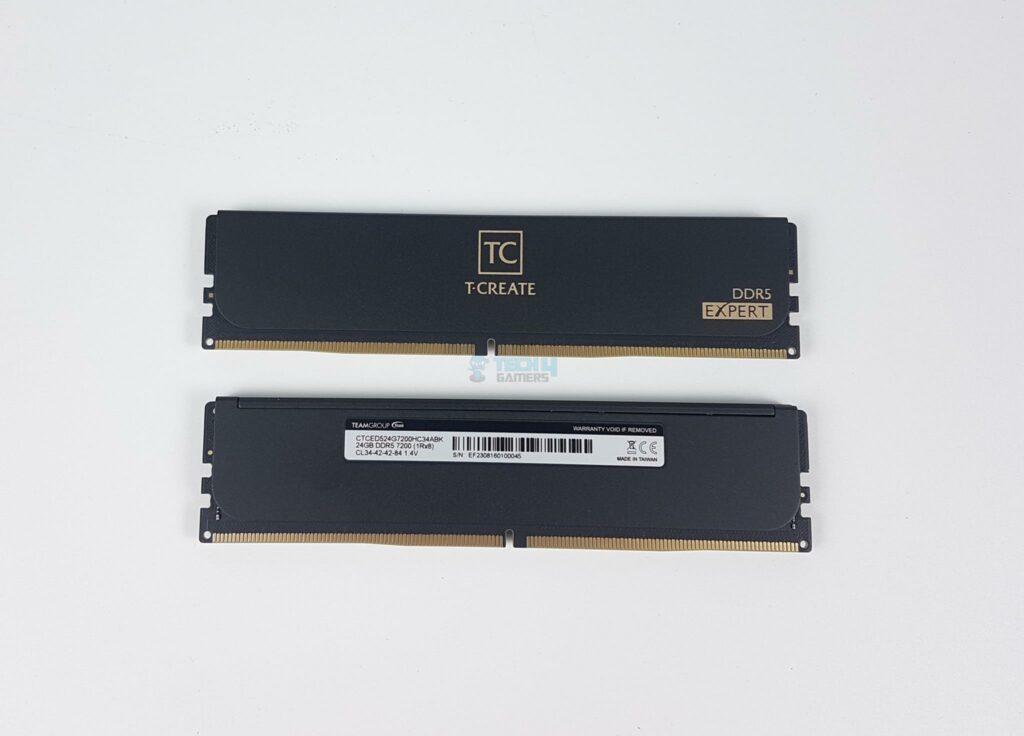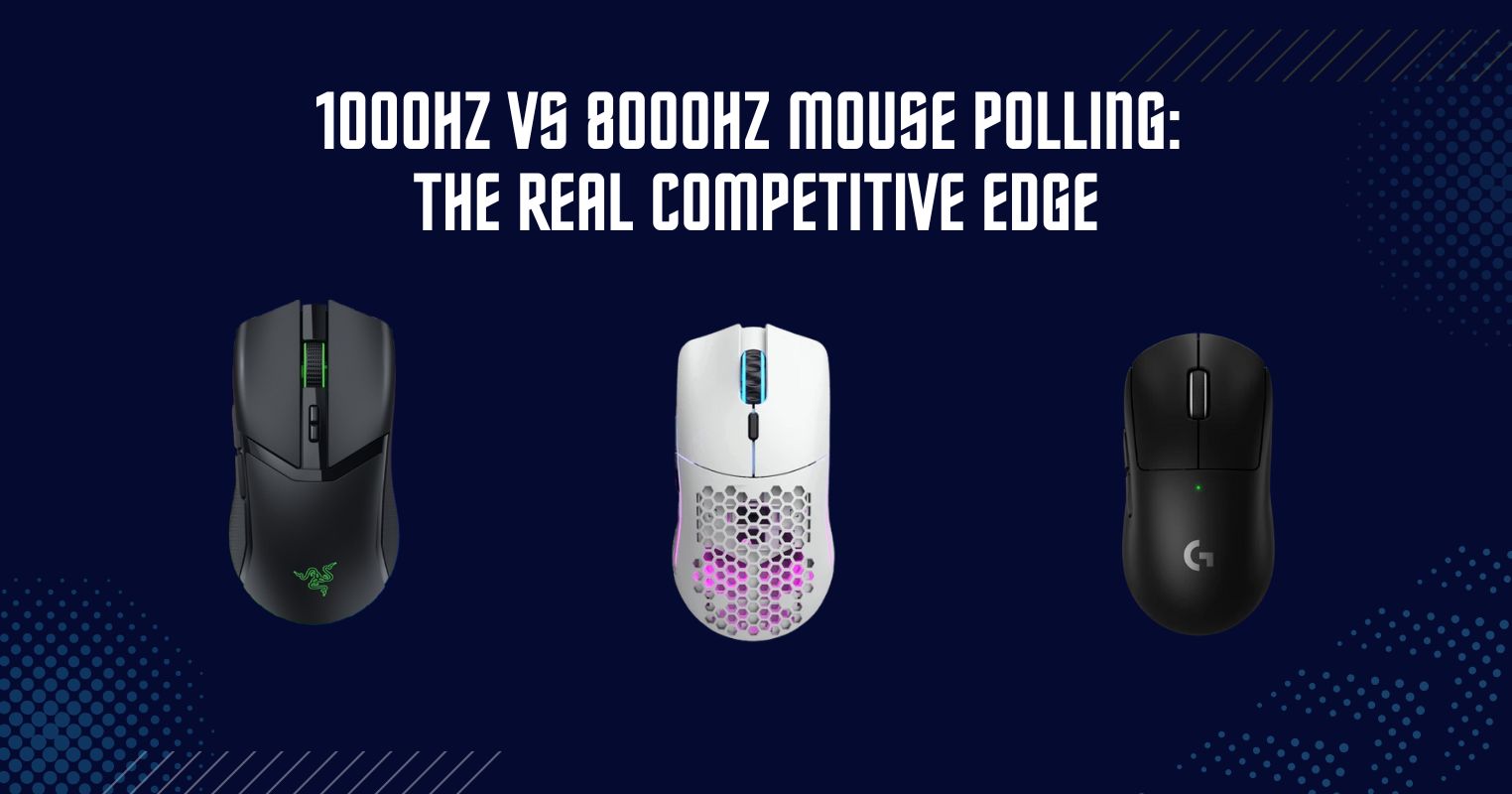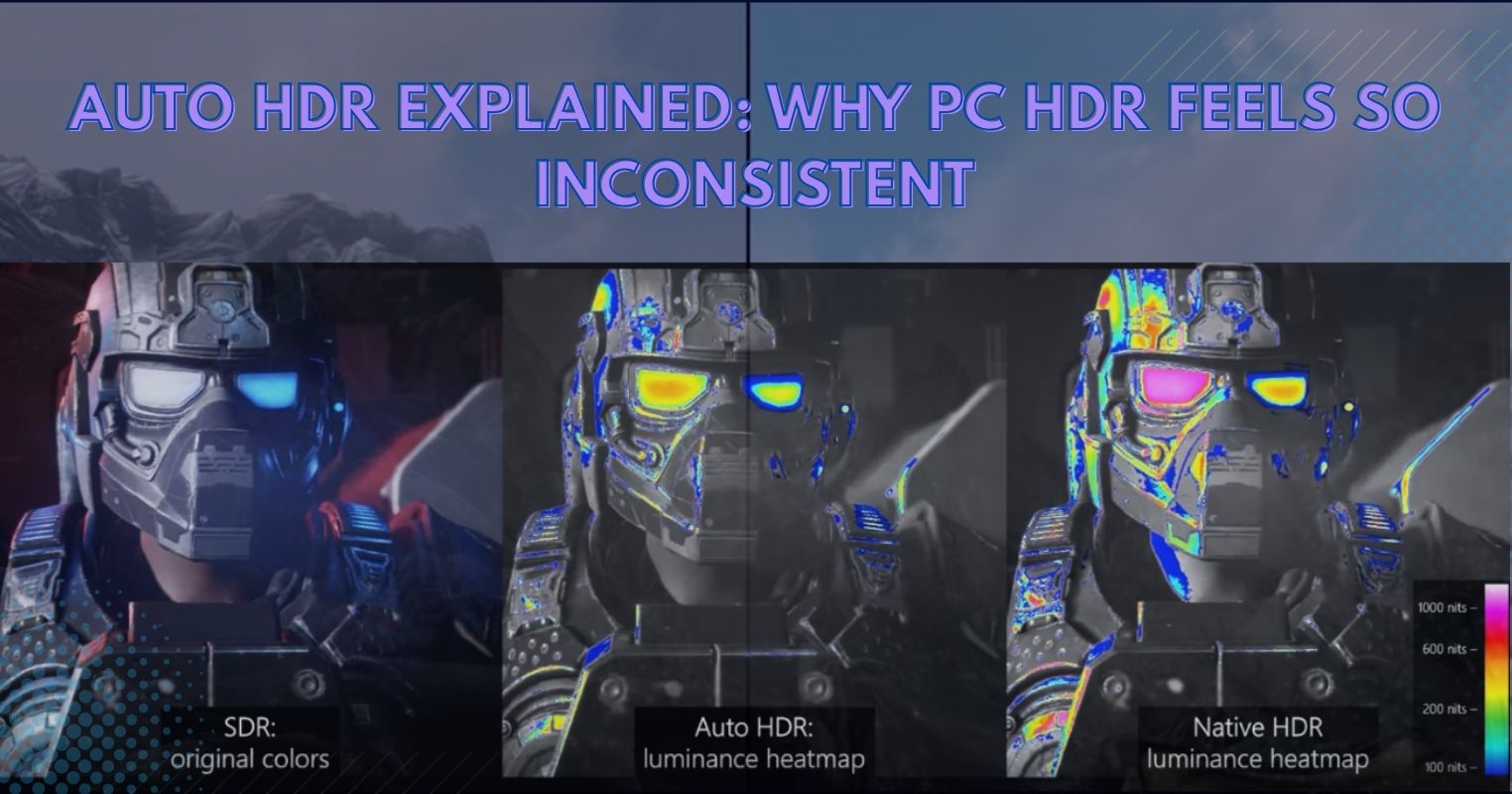- Measuring RAM latency helps you identify the best-performing memory out of the bunch.
- RAM with good latency eliminates stutters and slowdowns during work and gaming.
- Our tool to calculate RAM latency simplifies the whole latency measuring process.
We usually buy memory kits for our PCs based on their capacity and frequencies. Which isn’t enough to judge its performance. You might get a high-capacity and high-frequency memory kit, but you still face casual stutters in games and slowdowns during productivity workloads.
This happens when the latency of your memory kit is higher than usual. This is why you should always calculate RAM latency and go through a RAM buying guide before making your purchase.
What’s The Benefit
To make it plain and simple, a RAM kit with lower latency performs better than a kit with higher-rated latency. I know memory tuning is an option; however, not all memory kits are compatible with it, and it takes a lot of time and knowledge to do so. Which is why we’re going to skip on that part.
Lower latency RAM will be able to access the required data much faster and keep the applications and system running fluidly. You won’t face stutters or anything else during gaming or work sessions. Also, doing this gives you a single metric to estimate a RAM kit’s performance due to the fact that every RAM kit comes with a different CAS latency and RAM frequency printed on its packaging.

How To Calculate
The RAM latency, which is measured in nanoseconds (ns), does not come printed on the RAM kit or its packaging, unlike the CAS latency and RAM frequency that do.
So, to calculate the RAM latency, you can simply use our RAM latency calculator program that takes RAM frequency and CAS latency into account and gives you RAM latency as a result. Or you can calculate it manually with this simple formula.
All you have to do is multiply the CAS latency by 2000 and then divide the answer by the RAM frequency to find the true RAM latency in nanoseconds.
RAM Latency (ns) = (CL x 2000) / MHz
What’s My Take On It
Since this simple formula helps identify the best-performing RAM, I would personally use it whenever I’m on a RAM hunt for my PC. This way, I’ll be able to get the best for my PC and keep enjoying a stutter-free and lag-free computer experience. Moreover, I would recommend you do the same as well, because a memory kit with decent performance makes a massive difference.
Thank you! Please share your positive feedback. 🔋
How could we improve this post? Please Help us. 😔
[Hardware Expert]
With a major in Computer Science, Sameed is a tech enthusiast who puts his passion for gadgets into words and creates informative blogs. From comparing different hardware to reviewing the best RAMs, motherboards, and graphics cards for your next build, Sameed has covered a wide spectrum of topics that have given him a special insight into every nook and cranny of the tech world. Sameed is also a certified expert at Computer Hardware & Networking.
Get In Touch: sameed@tech4gamers.com




